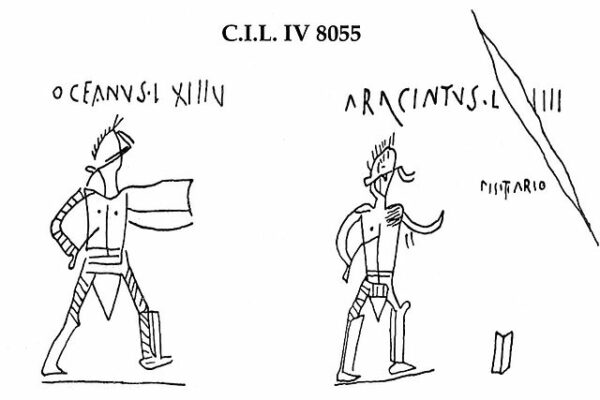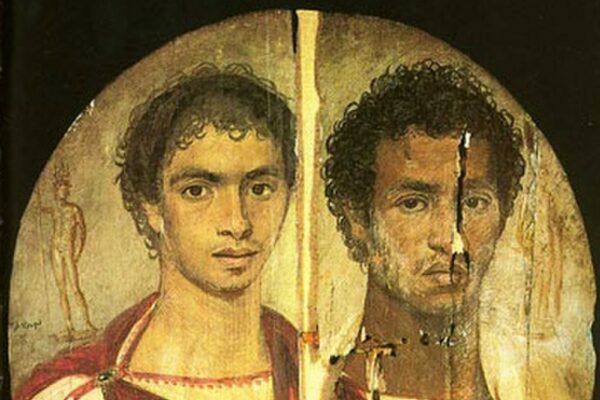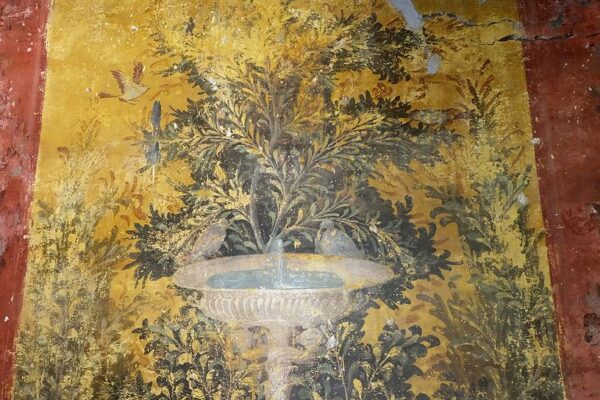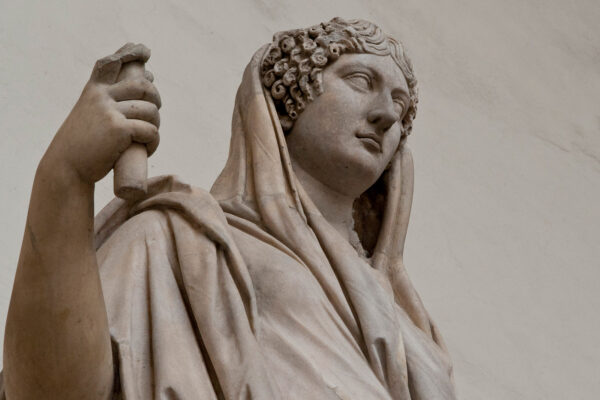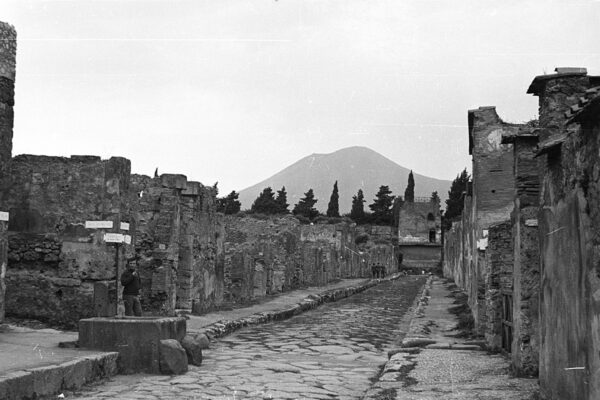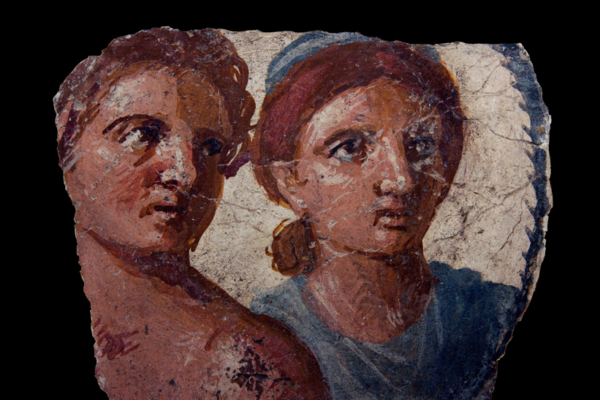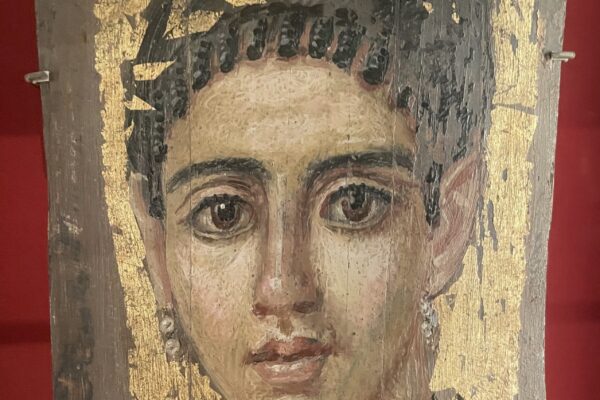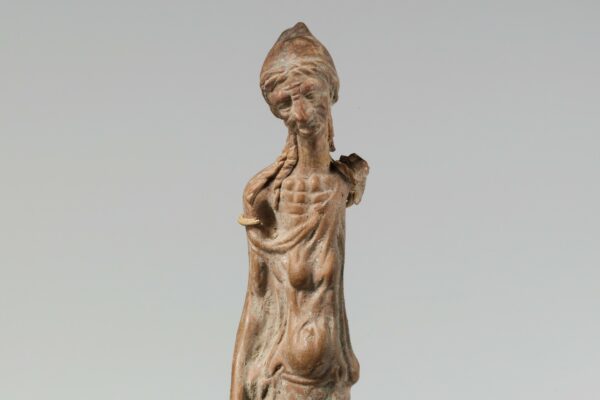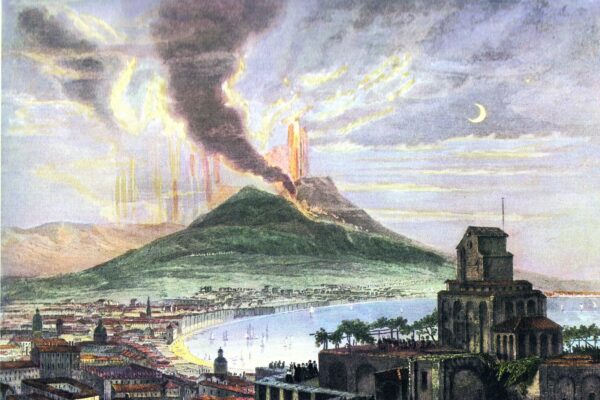Latin is not only the language of the Ancient Romans, but the language of centuries of scholarship, both scientific and religious. Cicero, Ovid, and Julius Caesar spoke Latin; Copernicus and St. Augustine wrote it; Jefferson, Hamilton, and Tolkien read it. As the parent language of 5 modern languages (including Spanish, French, and Italian) and the …
Read More

